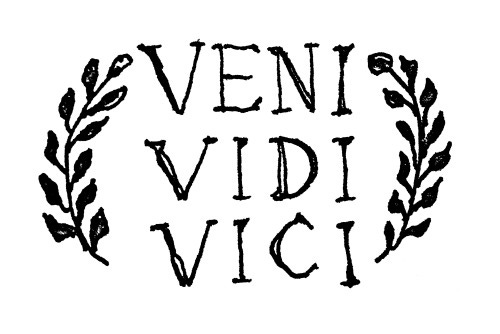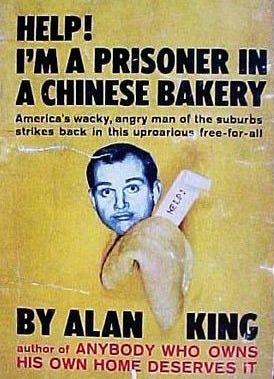The Soul of Wit
The art of the six-word story
The art of captioning a meme or coming up with the perfect pithy tweet, mastering the hook and punchline, or even writing a fortune for a fortune cookie—these all require brevity. Less is more. At the risk of redundancy, let me repeat that. Is more ever more? Short answer: no.
On average, online articles run 800 to 1000 words because the reading public clearly prefers the short-and-sweet. Life is short. Most articles come with an approximate reading time so you’ll know what you’re getting into. This is why style manuals usually start with concision and clarity. Don’t use five sentences to say what you could say with one.
For online journalists and bloggers this is very important. The careful wording of a title is the best way to make sure your article gets a click. For satirical news sites like Babylon Bee, The Reductress, and The Onion, the headline is everything. Most of the article just fleshes out the title’s punchline, fluffs up the paragraph with newsy conventions like the quoting fake sources, citing studies, etc.
Here are a few of my favorites:
“Study Reveals: Babies are Stupid”
“New Dog Digs Up Old Dog”
“Your Kids: Are They Sexy Enough?”
“Kitten Thinks of Nothing but Murder all Day”
“Friends of Band Regret Going to Show”
“Study: Depression Hits Losers Hardest”
The 6-word story
“I came, I saw, I conquered.” This is perhaps the original six-word story. (Okay, in Latin it’s only three words—thought to be Julius Caesar’s report to the Roman senate following a successful military campaign.)
Stories, like sentences, have a beginning, middle and end. They tell a story in which something happens (noun + verb = effect). The less there are of them, the more they matter.
William Faulkner famously said that a novelist is a failed short story writer, and a short story writer is a failed poet. Well, you have to start failing somewhere if you want to learn to “fail better” like Beckett recommended. In other words, stories begin with sentences, so you ought to enjoy writing them.
No discussion of brevity would be complete without Hemingway, the writer who usually gets credited with creating the six-word story. Having combined equal parts poetry and drama, Hemingway whittled “story” down to its essence and came up with this little number, the first micro micro-fiction:
“For sale: Baby shoes, never worn.”
There it is—the subtle implications of the short, sweet, and complete.
Here are a few more:
“Longed for him. Got him. Shit.”—Margaret Atwood
“Without thinking, I made two cups.”—Alistair Daniel
“Revenge is living well, without you.”—Joyce Carol Oates
Prompt: Write a 6-word biography—short enough to fit on a fortune cookie—something that hints at character, at longing, loss, regret…



